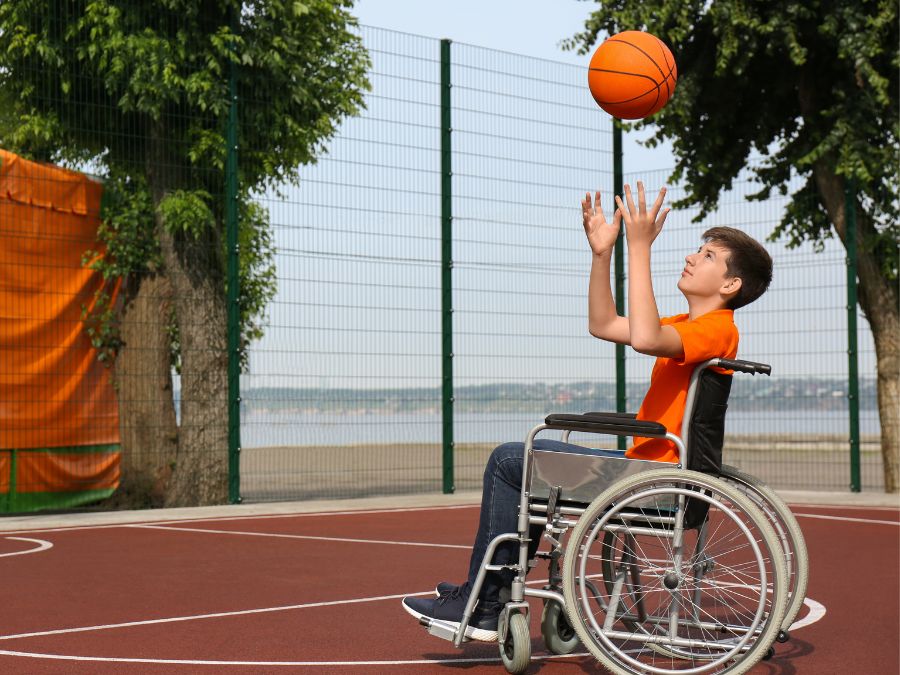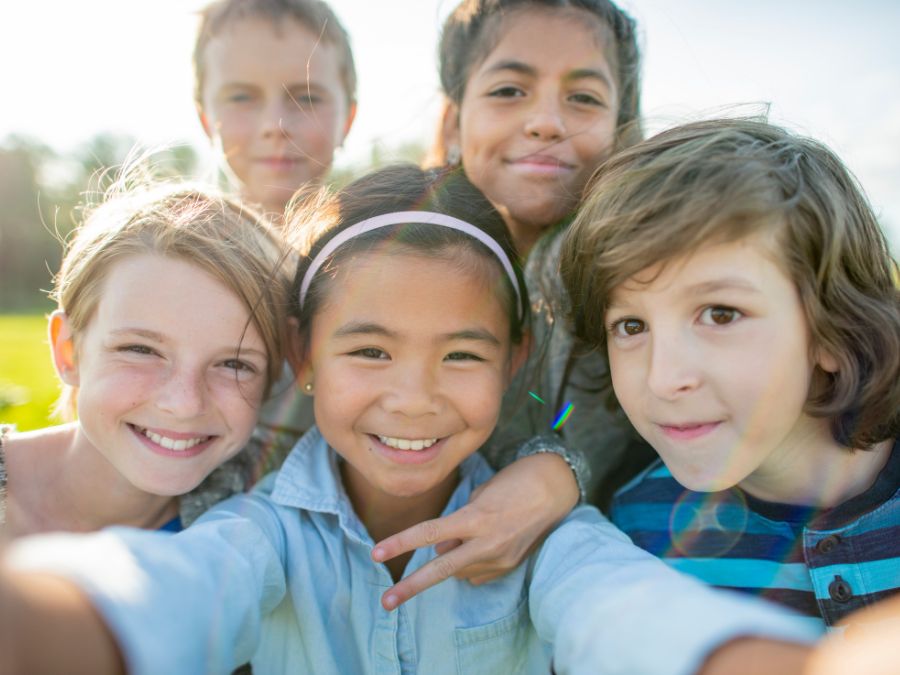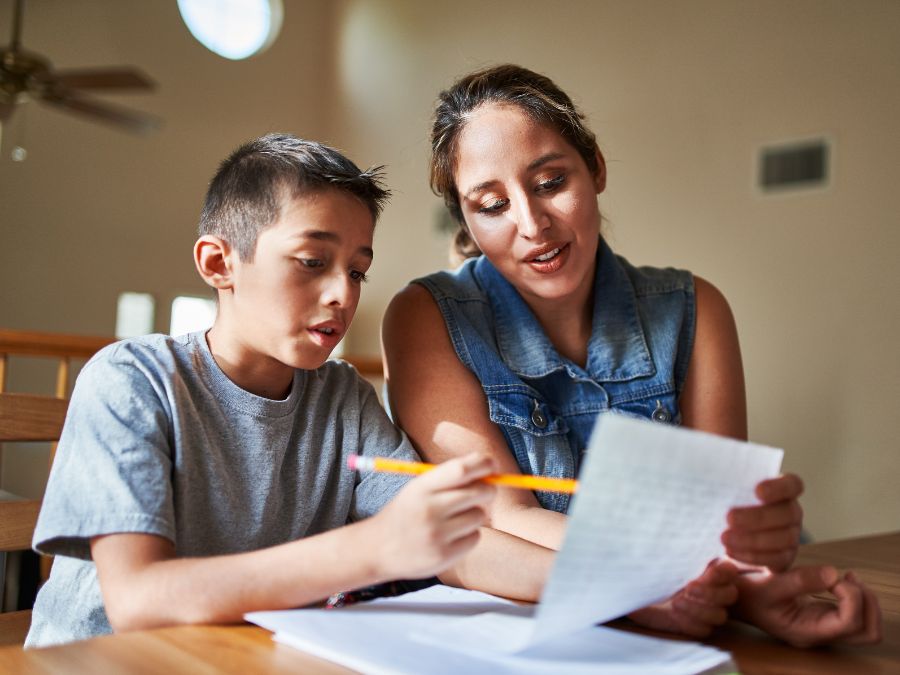
Sports provide opportunities for positive childhood experiences
Sports are an excellent way for children, families, and communities to practice positive childhood experiences (PCEs). Children who play sports learn how to build camaraderie with their teammates and coaches, practice good sportsmanship, develop new skills and talents, and gain a sense of purpose and belonging. Sports provide spaces where children can plan and run strategies and reflect on past performances. When families and communities watch sports games together, children learn to be a part of something bigger than themselves. Cheering for their favorite teams and players, they experience the highs and lows of successes and failures and build community with their fellow fans.
Winning in sports is not what creates moments of PCEs. It is the many positive experiences before, during, and after the games, including wins and losses, that help children grow and thrive.
Promoting the Four Building Blocks of HOPE through sports
The HOPE framework centers around the Four Building Blocks of HOPE, key types of PCEs that all children need to develop into healthy adults:
- Safe and supportive relationships within the family and with other children and adults
- Safe, equitable, and stable environments where children can live, learn, and play
- Opportunities for social and civic engagement to develop a sense of belonging and connectedness
- Opportunities for emotional growth where children feel supported through difficult events and emotions.
Below are the ways that sports help promote access to each of the Four Building Blocks of HOPE.
Relationships
Joining a sports team and building relationships go together. This includes getting to know coaches, teammates, and even fellow competitors on the opposing team. These safe and supportive relationships help build a strong sense of community and opportunities to connect over shared goals and interests.
Environment
Basketball courts, soccer fields, and other sports spaces can be safe, stable places for children and youth, especially when other parts of their lives feel difficult and challenging. They can practice their motor skills alone or participate in a local community game. Communities should maintain safety by updating and cleaning equipment in existing spaces and consider dedicating new recreational areas in community centers that do not already have them.
Engagement
When playing sports, children and youth see their contributions and impact in a game, whether big or small. They and their fellow teammates each contribute to the outcome of the game, and learn the values of working as a team. These feelings can be applied outside of a sports team, whether on a school project, in their home, or with their friends. The sense of importance can be carried with them after the season is over.
Emotional Growth
Sports allow children and youth to understand successes and failures. Winning can teach them to be humble and gracious, while losing can help them practice hard work and perseverance. It is okay for children to lose because the game outcome does not change their value and importance. Losing can help them reflect and think about how they can improve. Children and youth also learn how to be patient with themselves as they practice something new before the next game.


